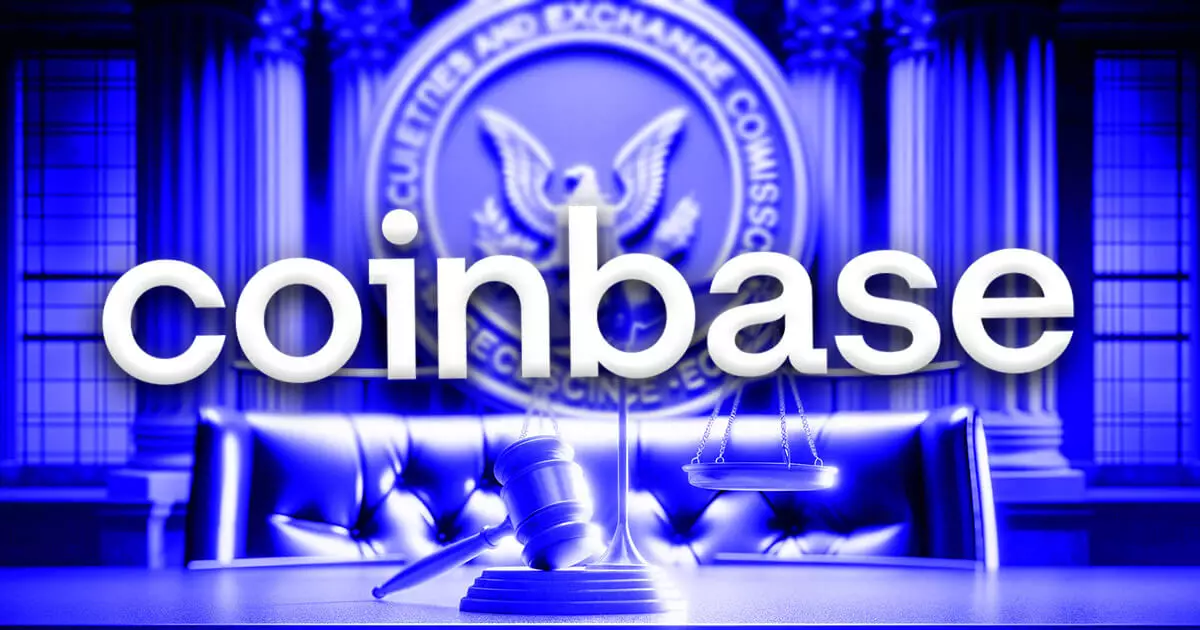The US Securities and Exchange Commission (SEC) has taken a strong stance against Coinbase’s motion to compel additional discovery in their ongoing legal battle. The SEC argues that Coinbase’s demands for documents are irrelevant and overly burdensome. This stance is based on the belief that the documents sought by Coinbase do not pertain to the core issues of the case, and that the SEC has already spent a considerable amount of time reviewing documents and preparing a privilege log.
Key Points Against Coinbase’s Motion
The SEC outlines several key points in its opposition to Coinbase’s motion. Firstly, the SEC argues that the documents sought by Coinbase are not relevant to the main issues of the case. The SEC believes that the court’s analysis of the facts and the law, rather than internal SEC discussions, will ultimately decide the outcome of the case. Secondly, the SEC highlights the significant burden involved in reviewing and producing millions of documents. It states that expanding the search to include additional documents would place an excessive burden on the SEC.
The SEC also disputes Coinbase’s fair notice defense, stating that the law’s application to digital assets is clear and that internal SEC communications are irrelevant to this legal standard. Additionally, the request for a sample of SEC Chair Gary Gensler’s emails is deemed disingenuous and burdensome by the SEC, especially considering Gensler’s testimony that he does not use personal devices for SEC business.
The Role of the Court
The SEC emphasizes the role of the Court in determining the relevance and proportionality of discovery requests. It argues that proper discovery should be focused on what the defendant did, and that the scope of discovery should be tailored to the specific facts and legal questions at hand. As the legal battle between the SEC and Coinbase progresses, the court’s decision on this discovery dispute will be pivotal in shaping the proceedings.
As the SEC and Coinbase continue their legal battle, the outcome of this discovery dispute will have significant implications for the broader cryptocurrency industry. Legal observers are closely monitoring the developments, as the case could set important precedents for the future of digital asset regulation in the US. The SEC maintains that it has met its discovery obligations and calls for Coinbase’s motion to be denied, labeling it as an unwarranted and burdensome request.

